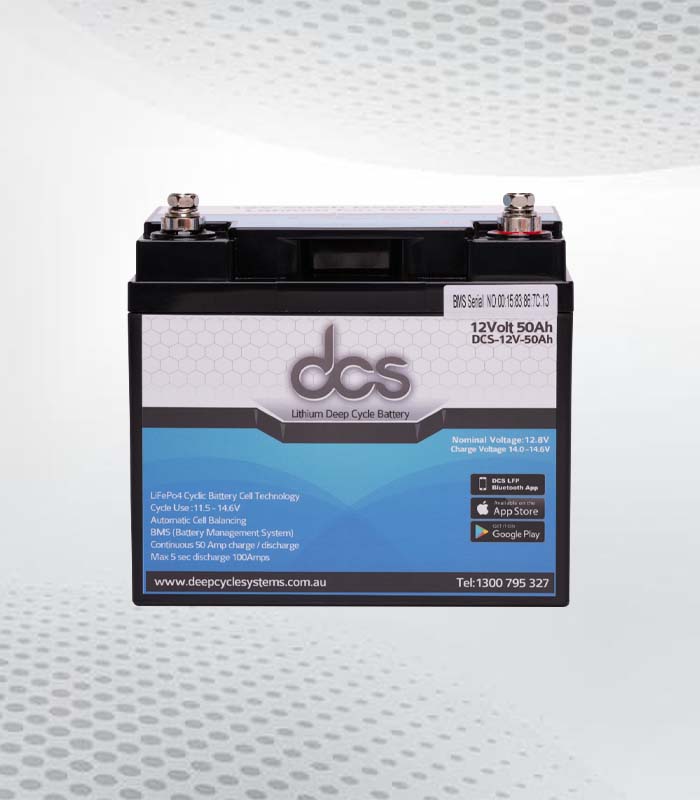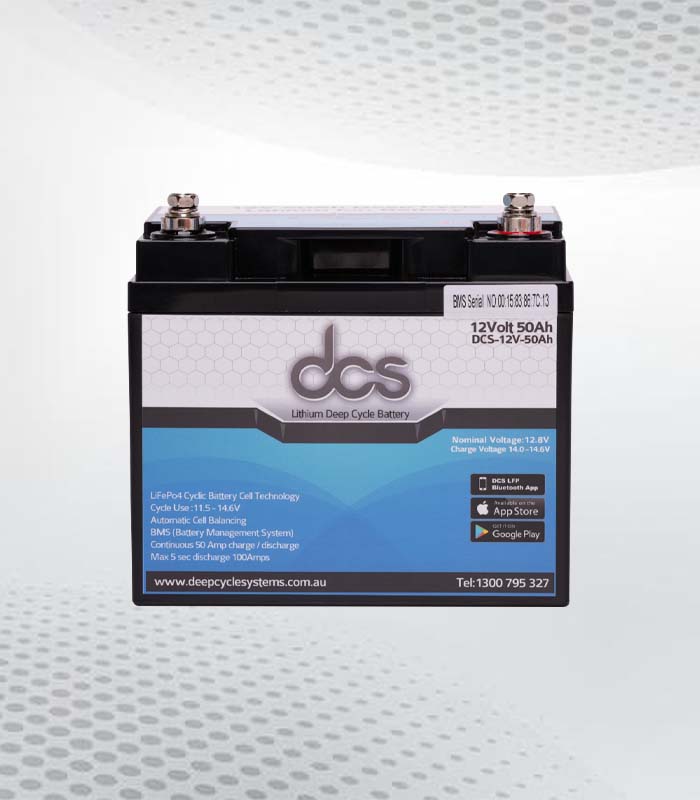The advancement of technology has revolutionized the world of power tools, making them more versatile and convenient to use. One significant development in the industry is the emergence of 18V lithium batteries. These lightweight and powerful batteries have quickly become the go-to choice for professionals and DIY enthusiasts. This article will explore why 18 Volt lithium battery has become the future of cordless power tools.
Advantages of 18v lithium battery over Other Types
Several advantages set 18v lithium battery apart from other battery types commonly used in power tools. Firstly, these batteries offer a higher voltage compared to their predecessors, resulting in increased power and performance. This higher voltage allows for more demanding tasks to be accomplished efficiently.
Secondly, 18V lithium batteries are significantly lighter than their counterparts. This weight reduction makes the power tools more ergonomic and comfortable to use for extended periods and reduces user fatigue. This is especially beneficial for professionals who rely on their devices for long work hours.
Another advantage of 18V lithium batteries is their longer runtime. These batteries have a higher energy density, enabling them to store more power and provide a longer operating time per charge. This means less frequent recharging and more productivity on the job site.
The Future of Cordless Power Tools and the Role of 18V Lithium Batteries
As technology advances, the demand for cordless power tools will rise. The portability and convenience offered by these tools make them indispensable in various industries. In this changing landscape, 18V lithium batteries are poised to play a central role.
The versatility of 18V lithium batteries allows them to power various cordless tools, from drills to saws and everything in between. This adaptability makes them a valuable asset for construction, woodworking, and other trades professionals. With the constant evolution of power tool technology, it is essential to have a battery system that can keep up with the demands of these innovations. 18V lithium batteries offer the flexibility and power required to meet the future needs of cordless power tools.
How 18V Lithium Batteries Work and Their Components
To understand the inner workings of 18V lithium batteries, we must delve into their components and how they function. These batteries have three main components: the cathode, the anode, and the electrolyte. The cathode is typically made of lithium cobalt oxide, while the anode is composed of graphite. The electrolyte, which acts as a medium for ion transport, comprises lithium salts dissolved in an organic solvent.
The battery operates on the principle of lithium-ion movement between the cathode and the anode. During discharge, lithium ions move from the anode to the cathode, creating a flow of electrons through the external circuit, which powers the cordless tool. When the battery is being charged, the movement of lithium ions is reversed, allowing the battery to store energy for future use.
Comparison of 18V Lithium Batteries with Other Types of Batteries
When it comes to cordless power tools, there are several battery types available in the market. However, 18V lithium batteries have gained a competitive edge due to their unique features and advantages. Let’s compare them with some of the other commonly used battery types:
Ni-Cd (Nickel-Cadmium) Batteries: Ni-Cd batteries were once the go-to option for power tools. While durable and have a long lifespan, they suffer from the memory effect, which reduces their overall capacity over time. Additionally, Ni-Cd batteries are heavier and bulkier than 18V lithium batteries, making them less ergonomic.
Ni-MH (Nickel-Metal Hydride) Batteries: Ni-MH batteries offer a higher capacity than Ni-Cd batteries but are still inferior to 18V lithium batteries. They are also prone to the memory effect and have a shorter overall lifespan. Like Ni-Cd batteries, Ni-MH batteries are heavier and bulkier than their lithium counterparts.
18V Lithium-ion Batteries: As previously mentioned, 18V lithium batteries provide a higher voltage, longer runtime, and lighter weight than Ni-Cd and Ni-MH batteries. They are also immune to the memory effect, allowing for more consistent performance. Furthermore, lithium-ion batteries have a higher energy density, resulting in increased power and efficiency.
Key Features to Consider When Choosing Large Lithium Ion Battery
When selecting a Large Lithium Ion Battery for your cordless power tools, there are several key features to consider. These features can greatly impact the performance and longevity of the battery:
Battery Capacity
The battery’s capacity is measured in ampere-hours (Ah) and represents the amount of charge it can store. Higher capacity batteries will provide longer runtime but may be heavier and more expensive.
Charging Time
Consider the charging time of the battery. Fast-charging options are available that can significantly reduce the downtime between tasks.
Battery Life
Look for batteries with a long lifespan. High-quality lithium batteries can withstand hundreds of charge cycles without significant degradation in performance.
Compatibility
Ensure that the battery is compatible with your existing power tools. Some manufacturers have proprietary battery systems that may be unique.
Safety Features
Check for safety features such as overcharge protection, temperature control, and short-circuit protection. These features can prevent damage to the battery and ensure safe operation.
Tips for Maximizing the Lifespan and Performance of 18V Lithium Batteries
To get the most out of your 18V lithium batteries, it’s important to follow some best practices that can maximize their lifespan and performance. Here are a few tips to consider:
Proper Storage: Store the batteries in a cool and dry environment. Extreme temperatures can degrade the battery’s performance and shorten its lifespan.
Regular Use: Regularly use and recharge the batteries to prevent them from self-discharging and losing their capacity over time. Even if you use the power tools sparingly, it’s recommended to charge the batteries at least once every few months.
Avoid Overcharging: Overcharging can lead to overheating and damage the battery. Always use a charger specifically designed for lithium-ion batteries, and avoid leaving the batteries plugged in for extended periods.
Avoid Deep Discharge: While lithium batteries don’t suffer from the memory effect, it’s still advisable to avoid fully discharging them. Partial discharges followed by recharging can help prolong their lifespan.
Proper Handling: Handle the batteries with care and avoid dropping them or subjecting them to physical stress. Damaged batteries can pose safety risks and may have reduced performance.
Large Lithium-ion Batteries and Their Applications in Cordless Power Tools
While 18V lithium batteries are the standard for most cordless power tools, there are situations where larger batteries are required. Large lithium-ion batteries, typically in the range of 36V to 80V, are used for heavy-duty applications that demand higher power and longer runtime.
These larger batteries can power tools such as chainsaws, miter saws, and other high-demand equipment. Their higher voltage and capacity enable them to handle tough cutting tasks and provide extended operation without the need for frequent recharging.
It’s important to note that while these larger batteries offer increased power, they also come with added weight. They are typically bulkier and may need to be more ergonomic for prolonged use. However, for professionals who require extra power and runtime, large lithium-ion batteries are a valuable asset.
 FAQs
FAQs
Q: Can I use an 18V lithium battery in any cordless power tool?
A: While 18V lithium batteries are compatible with most cordless power tools, it’s important to check for compatibility before purchasing. Some manufacturers have proprietary battery systems that may be unique.
Q: Are 18V lithium batteries safe to use?
A: Yes, 18V lithium batteries are safe to use when handled properly. They come with built-in safety features such as overcharge protection and short-circuit protection. However, it is essential to follow the manufacturer’s guidelines to ensure safe operation.
Q: Can I leave my 18V lithium battery plugged in after it’s fully charged?
A: It is not recommended to leave the battery plugged in after it’s fully charged. Overcharging can lead to overheating and damage to the battery. Always use a charger specifically designed for lithium-ion batteries and unplug the battery once it’s fully charged.
Conclusion
The future of cordless power tools is undoubtedly intertwined with the advancements in battery technology. 18V lithium batteries have emerged as the frontrunners in this domain, offering higher voltage, longer runtime, and lighter weight compared to other battery types. Their versatility and compatibility with a wide range of power tools make them the go-to choice for professionals and DIY enthusiasts alike.



